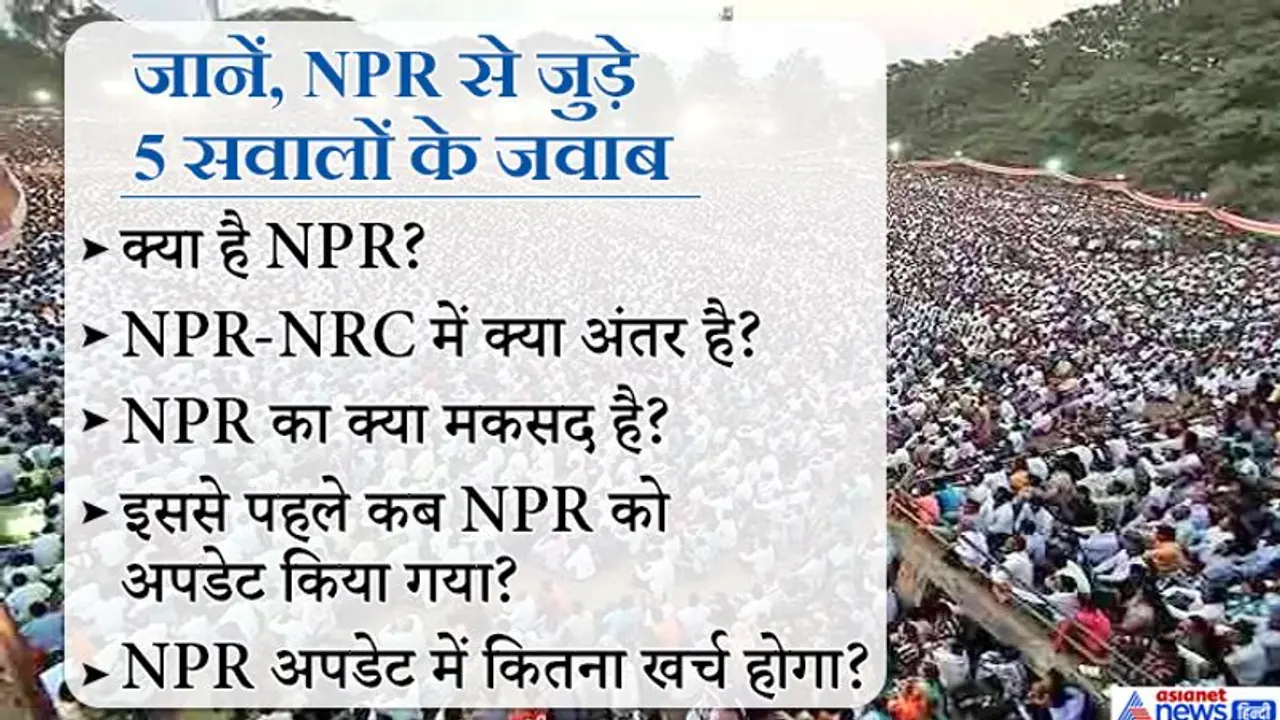The Modi cabinet today approved funds to the tune of Rs 8500 crore in order to update and improve the National Population Register (NPR).
Bengaluru: Without proper information and full understanding of the Citizenship Amendment Act (CAA) and national Register of Citizens (NCR), many unscrupulous elements have resorted to violent protests across the country.
While the hooliganism continues, the Modi cabinet today approved funds to the tune of Rs 8500 crore in order to update and improve the National Population Register (NPR).
NPR differs from NCR in that NPR takes a count of the “usual residents” of the country.
It will commence from April 2020. A door-to-door survey is held to extract the details. The last such exercise was done in 2015. Interestingly, the details have been digitised as of now.
Under the provisions of the Citizenship Act 2015, this exercise will be taken up at the local villages or sub-town, sub-district, district, state and national level. It is mandatory for every usual resident to register in the exercise.
So who is a Usual Resident?
Any person who has resided in the present area for the last six months or more and intends to stay in that area for the next six months or more.
Through this exercise, a comprehensive identity database of every usual resident is obtained. Additionally, it will also have demographic and biometric details also contained in it. Details in Aadhaar, mobile number, PAN, driving licence, voter ID and passports are also collected.
As regards demographic details, the name of a person, the relationship to heads of the household, father’s name, mother’s name, spouse’s name (if required), sex, marital status, place and date of birth, nationality, present address and duration of stay in the present address, occupation, educational qualification are also included in the list of details.
Though it is a fruitful exercise, some states like West Bengal have blocked it due to political reasons. It is interesting to note that Assam has been excluded.
